Last October, the Supreme Court made it clear that no BS-IV cars can be made or sold in India after April 1, 2020. Since then, India's leading carmaker Maruti Suzuki India has said that it will require proper production planning well in advance to flush out existing BS-IV technology.
As the country progresses to a complete generation shift of emission norms governing its vehicular emissions by moving over to BS-VI norms by 2020, the industry – both OEMs and suppliers alike – are in a crunch trying to meet the given deadline.
With the Supreme Court's clear ruling of April 1 as the date for compulsory registration of only BS-VI vehicles, Maruti Suzuki India has announced to start production of these cars after its plant resumes production post the yearly maintenance closure in the last week of December 2019.
Speaking to a media gathering in New Delhi, RC Bhargava, chairman, Maruti Suzuki India, said, “The production of our BS-IV vehicles will largely culminate by end of December 2019. These will be models which will by-and-large get converted to BS-VI by December 2019. As a result, we will only manufacture BS-VI cars from January 2020, but will produce BS-IV models only if there is a strong demand for any particular model, but that number will be very less.”
“There will be just one model which we will not be able to be convert to BS-VI by December 2019 and it will be spilled over to the next calendar; but we are trying to expedite that as well,” Bhargava added.
Bhargava said that there is no problem in a BS-VI petrol vehicle running on BS-IV fuel, but the same is not possible in case of a diesel. He explained that in case of Maruti Suzuki, a BS-VI diesel is roughly going to command a premium of Rs 2,50,000 over its BS-VI petrol counterpart, and the onus would completely lie on the end customer to decide which engine option he wants to buy.
“Also by that time, we will start equipping the BS-VI petrol cars with strong-hybrid systems by leveraging our Suzuki-Toyota agreement, which will serve to improve the fuel-efficiency performance of a vehicle by up to 30 percent, and will help us meet our CAFE targets,” Bhargava said.
MAYANK DHINGRA




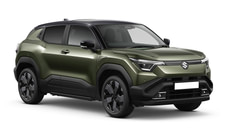
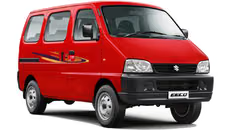
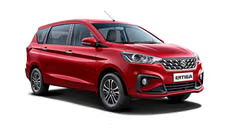
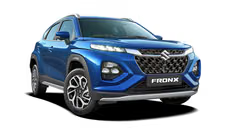
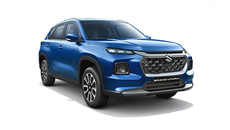
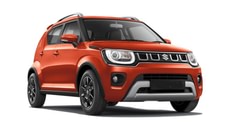
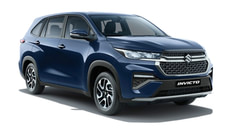
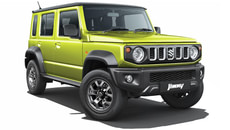

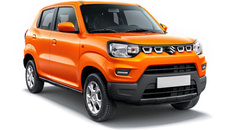

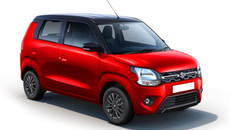
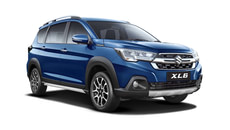
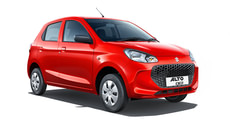
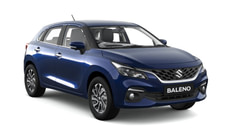
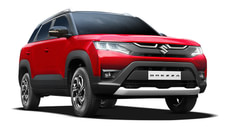
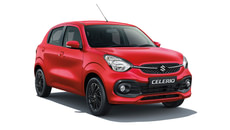
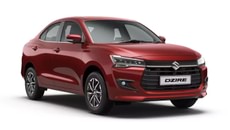


.jpg?w=234&h=156&q=90&c=1)

Comments
Member Login
Personal Details
No comments yet. Be the first to comment.